Ringkasan:
● Kolaborasi lintas agama penting untuk memperkuat keadilan ekologis dan perlindungan kelompok rentan.
● Komunitas Sri Tumuwuh menunjukkan praktik ekokrasi melalui ritual budaya yang memulihkan harmoni manusia–alam.
● Perubahan perspektif menuju ekokrasi menekankan pentingnya mendengarkan suara manusia dan alam sebagai dasar pemulihan ekologis.
Oleh: Fransisca Yohana Sri Winarsih | Republikasi dari ICRS
In the face of the ecological crisis, religious communities are uniquely positioned to effect change due to their moral and spiritual influence. While many communities have acted meaningfully, the main challenge remains: greater collaboration is essential for religious groups to amplify their impact on ecological justice.
Drawing on the 7th ICIR 2025 plenary 1, “Interreligious Engagement for Ecological Justice,” this article will examine the crucial role of collaboration among religious communities in promoting ecological justice. Ecological justice is a principle and practice that emphasizes fairness and equity in human interactions with the natural environment.
Ecological Crisis and Justice
We cannot separate the ecological crisis from ecological justice. Pope Francis, as quoted by Frans Wijsen, stated that poor people are the least responsible for causing environmental degradation, but they are the most vulnerable to its effects. Pope Francis highlighted that addressing ecological crises requires a social dimension. Any initiative must take into account both the “cry of the earth” and the “cry of the poor.”
Wijsen shared the findings of a PPIM-UIN Hidayatullah Jakarta study on public awareness and engagement with the ecological crisis. The study revealed that while 70% of respondents are aware of the ecological crisis, only 49% express concern about it. The study reveals that high-income groups have greater knowledge of environmental issues than low-income groups; however, there is no significant difference in behaviour. It indicates a gap between awareness and actual engagement. Wijsen continues that the ecological crisis primarily affects marginalized populations, with indigenous peoples being among the most impacted groups. He states that this situation is evident in Indonesia, where the rights of indigenous communities are often violated in the name of national development
The Sri Tumuwuh Community: Practicing Ecocracy
The Indigenous community of Sri Tumuwuh is a living example of a community that practices ecocracy. Atika Manggala from the Sri Tumuwuh community states that their community has experienced social trauma. The government has shrunk their space of civil life. They do not experience that the State is present to protect their community and its culture. In addition, people from outside their community accuse them of being primitive, heretical, irrational, and irreligious.
To address the undesired condition, this community responds by operating one of its cultural teachings, ‘ngamuk.’ The Great Dictionary of the Indonesian Language describes ‘ngamuk’ as an intense expression of anger that involves aggressive behaviour. But it is not the case of ‘ngamuk’ in the Sri Tumuwuh community. When the community faces oppression, they feel angry and want to fight back. However, their response does not manifest in physical anger. Instead, they engage in three forms of protest: ‘topo mbisu’ (silent protest), ‘topo pepe’ (protest through demonstrations), and ‘pati geni’ (self-retreat).
Similar to other indigenous communities, the Sri Tumuwuh community also faces an ecological crisis. To address the issues, they engage in ecological ‘ngamuk.’ They believe there is disharmony between the ‘jagad ageng’ (macrocosm) and the ‘jagad alit’ (microcosm). There is a disharmony between daily practices with the supreme values. Their goal in engaging in the ecological ‘ngamuk’ is to re-harmonize and reintegrate the ‘jagad alit’ with the ‘jagad ageng’. The community has contextualized the ecological ‘ngamuk’ in various ways:
1. Ngamuk serves as a cultural connection, linking ancestors and generations through agricultural rituals and practices. These rituals include wiwitan, which marks the beginning of planting or harvesting, and merti bumi, a practice aimed at purifying the Earth. Additionally, the purification of springs and various farming practices underscore this connection. Farming itself represents a direct engagement with nature.
2. Ngamuk as a social connection. It promotes interpersonal, intercommunity, and intersociety relationships.
3. Ngamuk as an ecological connection. It focuses on the integrity of the universe (macrocosmos), calling humans to treat every single entity (microcosmos) with respect and dignity.
The Sri Tumuwuh community has institutionalized ecological justice in their everyday practices. The community’s endeavours illustrate their resilience. Despite facing oppression and marginalization, the community continues to fight for their rights and refuses to give up. They stand united, incorporating their suffering into the pain of their land.
Theological and Ethical Reflections
Aside from Pope Francis, who speaks of the need to listen to the cries of the poor and the Earth, another influential religious leader, Zen Master Thich Nhat Hanh, asserts that to save the world, we must hear within us the Earth’s cries. Both leaders emphasize the importance of listening. Robert Setio, the rector of Duta Wacana Christian University, discusses how listening is crucial for finding fair solutions to address ecological crises.
Robert Setio began his seminar with an intriguing statement. “We dream of ecocracy—a world where the Earth itself becomes a partner in governance, and where the wisdom of communities, religions, and the living planet speaks together.” Speaking together indicates that each participant has an equal voice. Thus far, discussions about the environment have mainly been led by humans, especially those in positions of power. We perceive nature as an object —a soulless entity without rights or obligations. Because nature is an object, humans do not involve nature in decision-making conversations. The idea of ecocracy invites us to view nature in a new way: as a living subject with rights and obligations.
Setio suggests that one way to address the ecological crisis is for humans to change their perspective from viewing nature as an object to recognizing themselves as subjects. This shift allows all inhabitants of the Earth—humans, rivers, forests, winds, and other creatures—to come together and engage in dialogue for the well-being of everyone. Dialogue requires an ability to listen. Unfortunately, we live in a noisy world that makes it hard to listen to even ourselves. Ecocracy begins with the act of listening — first by listening to our inner selves, and then to others. Listening requires silence. Religion plays a role because religion develops a listening tradition. The Christians learn that the Word takes on physical form, meaning that listening to them is equivalent to listening to God. The Quran conveys a powerful message to Muslims that creation is the divine speech. Indigenous communities regard the wind as a wise elder, the forest as a counsel, and the river as a source of wisdom. Religions inform believers that every element of the universe represents the Divine, reminding us of the sacred connection between the Sacred and the world around us.
Listening as the Core of Ecocracy
Each religion develops ‘traditions of attention’. Setio states that “Interreligious engagement for ecological justice is not primarily about encountering doctrines but about learning together how to listen attentively to the divine resonance in every being.” Deafness —the refusal to listen to others’ voices— leads to ecological violation. Setio suggests that the process to heal the Earth cannot begin with teachings, speeches, research, policies, forums, or conferences, but rather through inner silence, allowing new voices to emerge. When we listen carefully, we may realize that the ecological and social crises are not problems to be solved, but rather an ‘appeal to responsibility.’ We may see the world not as ‘the environment,’ but as a gift—a divine grace to be received with gratitude, rather than used. Listening requires humility and openness. It calls us to move our interest from ourselves to the Others.
Setio continues that we have developed a habit of ignoring others’ voices. Shifting our habits from ignorance to listening may make us feel vulnerable. However, being vulnerable is not a weakness but rather a condition of revelation. Regarding vulnerability, Setio states that:
It is spiritual, because it opens the self to the divine through the fragile other.
It is ethical, because it resists domination and insists that power must listen before it acts.
It is political, because only those who risk empathy can build communities that protect the voiceless—human and more-than-human alike.”
Sitting together to listen to one another and embrace our vulnerability can foster solidarity with nature. Setio suggests that when we let solidarity guide our decisions, the healing process for the Earth begins.
Call to Action
The ecological crisis is deeply intertwined with social justice, disproportionately impacting marginalized communities, particularly the poor and indigenous peoples. Addressing this crisis requires a shift toward ecocracy, in which humans recognize nature as a living partner and cultivate attentive listening—to the Earth, to vulnerable populations, and to one another. Practices such as the Sri Tumuwuh community’s ngamuk demonstrate how cultural, social, and ecological engagement can restore harmony. Religious and spiritual traditions play a critical role by fostering listening, humility, ethical responsibility, and solidarity, emphasizing that meaningful ecological and social healing emerges through interconnected, empathetic, and collaborative engagement with all beings.
The Earth is our common home. Interconnectedness and interdependence are fundamental principles, and the concept of ecocracy reflects these values. We have already seen that prioritizing human interests has led to an ecological crisis. It is time for us to embrace ecocracy in our development strategies to create a harmonious future. To achieve this, we must develop the ability to listen to ourselves, to humans, and to non-humans, and to engage in meaningful dialogue.
Editor: Andrianor
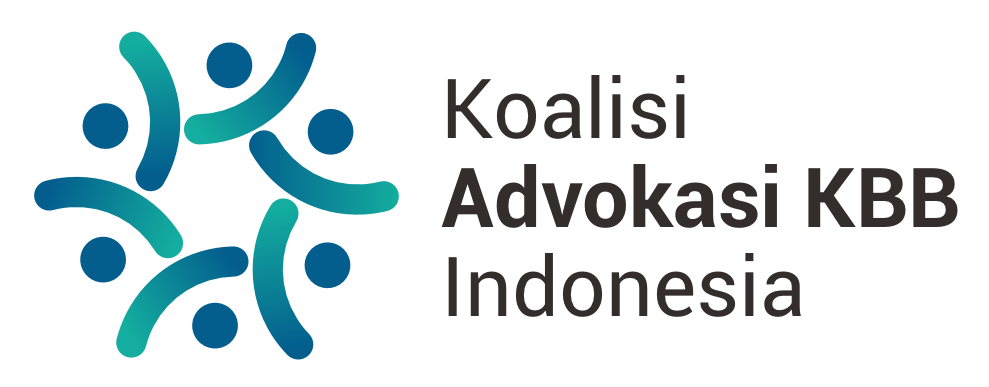
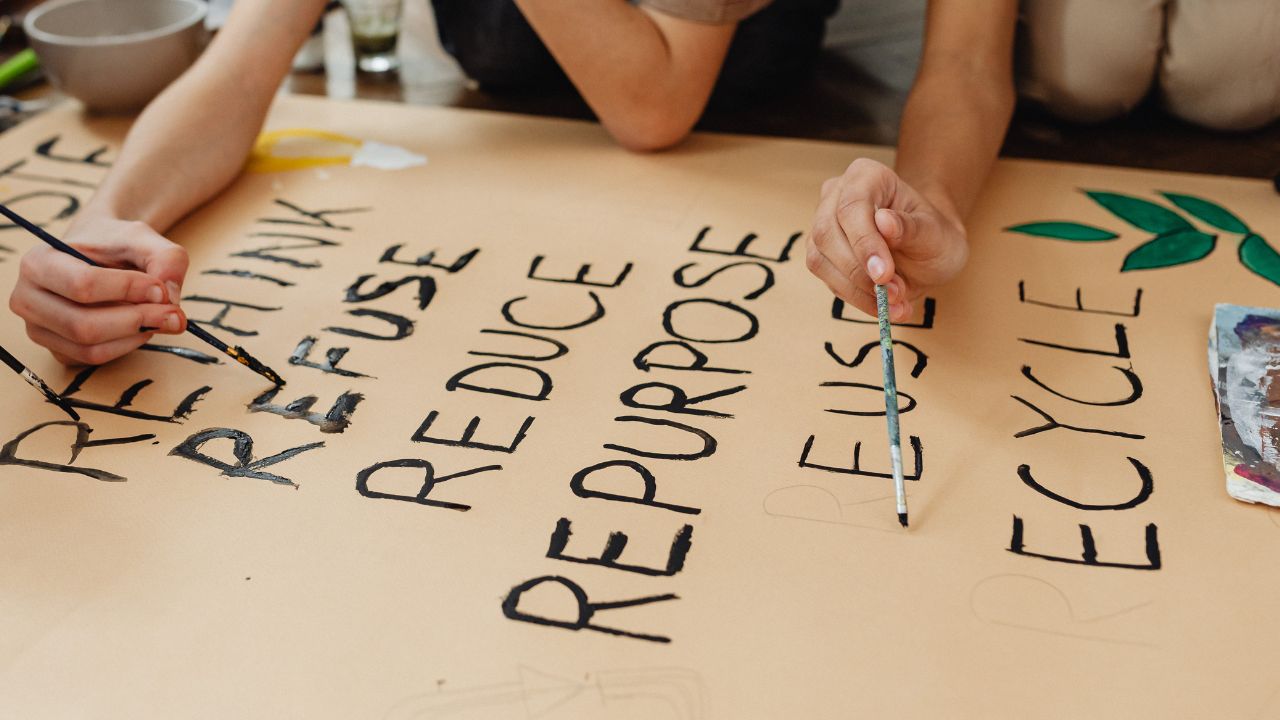

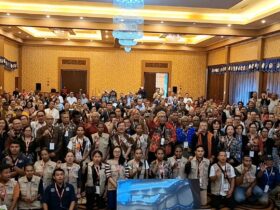



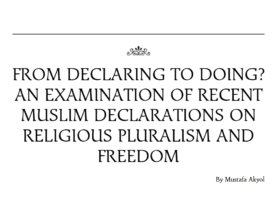

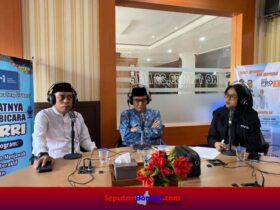
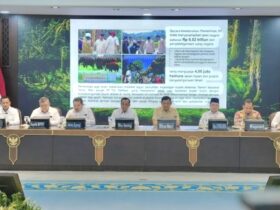

Leave a Reply